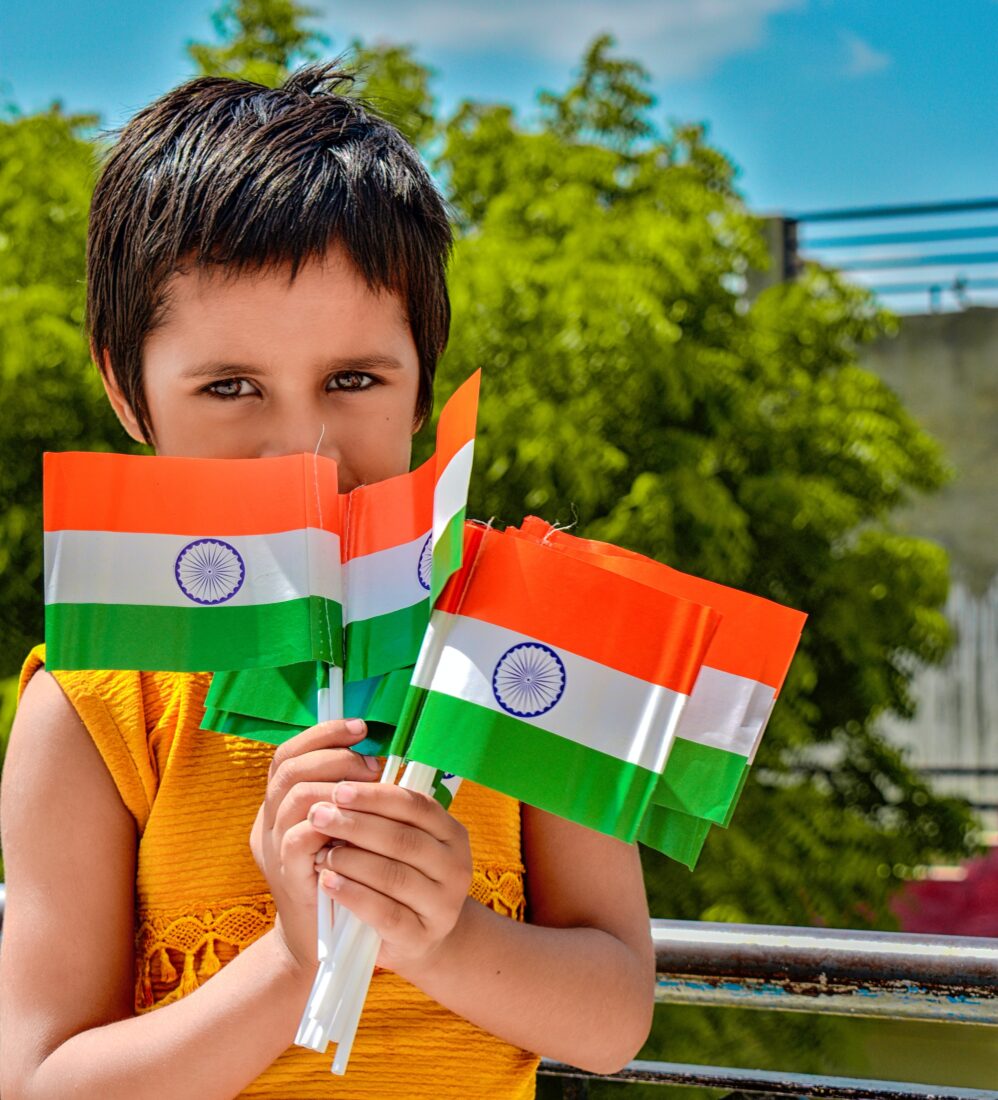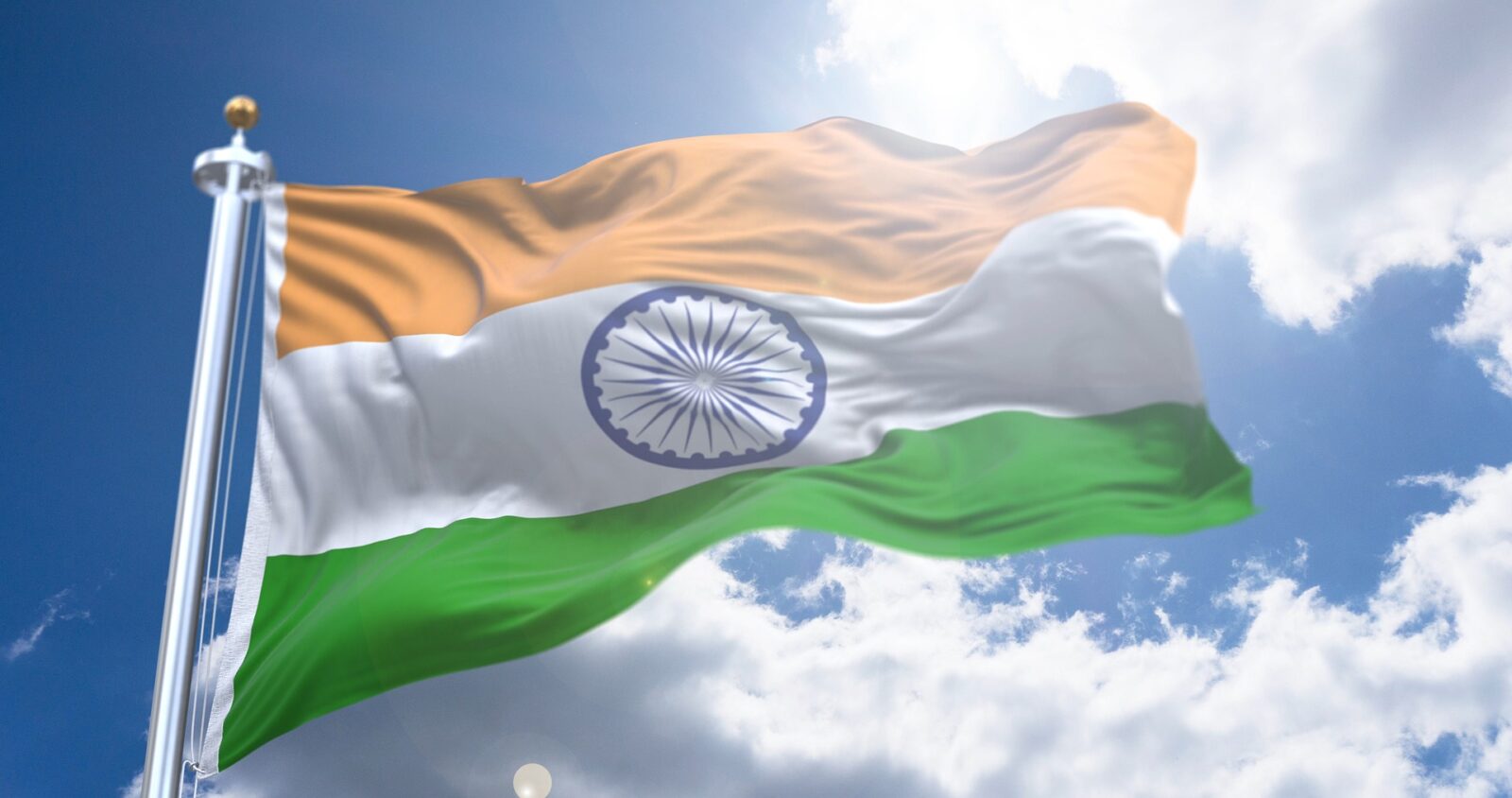
On India’s 75th Independence day, I ask myself, am I proud of being Indian? The fact is that neither I nor any other Indian can take personal credit for having taken birth here. After all, nationality is essentially accidental. Nevertheless, as we grew up we were instructed to feel proud to be Indians. We were also told to feel proud of India, the civilisation which ‘gifted’ complex mathematics to the world and ‘knew’ plastic surgery even before the world knew plastic. But do we have any right to feel proud of a selective list of things that people in the South Asian region (our “ancestors”) did centuries back, while at the same time conveniently ignoring the litany of unsavory things – the cruel oppression of women and Bahujans, for example – which these same ancestors encouraged and engaged in?
When I went to the United States for higher studies around eight years ago, I wasn’t sure what effect the crossover would have on my outlook towards India, especially since the national pride I had passively absorbed since childhood had been tempered by the maturity of my mid-20s. I was also aware that for many in the Indian diaspora, living outside India works to reinforce such pride. Some begin sprinkling random ‘facts’ about the ‘greatness’ of India in conversations with non-Indians. Some even start looking down upon the culture and people of the nation where they were welcomed (quite like the good old bauji from Dilwale Dulhania Le Jayenge). But though I was uncertain what effect America would have on my Indianness, I knew I was eager to talk about ‘my country’ with anyone curious.
During such conversations with non-Indian students, I became aware of how national pride makes one almost blind to the deficiencies of the nation, and makes one almost always exaggerate its strengths. For example, many Americans ask their Indian friends about ‘the caste system’, and I realised I could either give the stock ‘proud Indian’ response of ‘there is no caste in “modern” India’, or could honestly convey how caste remains a strong social and political phenomenon in much of India despite some partly successful efforts to make it less relevant. I feel happy to report I went with the latter option. Whether conversations with non-Indians focused on Kashmir or the Buddha or ancient Indian eroticism, I made sure to choose my words well, preface responses with caveats, provide as balanced a perspective as I could, and request them to also talk to more Indians and South Asians.
In other words, as I let go of national pride, its place came to be filled by a sense of responsibility. I realized that the accident of being born in India has conferred on me a crucial responsibility, that of being an inheritor of everything the idea of India encompasses and of being an honest transmitter of that idea. I began feeling responsible, rather than proud, as an Indian. And responsibility meant a willingness to acknowledge the unsavoury and unpleasant realities of my history and culture, and a willingness to address the current shortcomings of India.
The other day a friend who works abroad told me he felt sympathetic to demands for banning beef in India since “we Indians consider cows as gods”. The ‘we Indians’ in his imagination took me by surprise. I told him that there are many Muslims, Christians, Adivasis and Hindus themselves who, firstly, do not believe the cow to be divine – I, for one, would rather live in a society where actual human beings are considered sacred, as opposed to animals being sacred to the expense of humans – and who, secondly, consume beef. I asked him why he was not including those millions of Indians in his definition of India and Indians but he would not budge.
It is not a coincidence that ‘proud’ Indians tend to hold dear a very narrow and half-baked understanding of India, one that is restricted to the small social and cultural slice of India they grew up seeing and feeling attached to, or getting regularly exposed to in the mainstream public discourse which is monopolized by privileged-caste elites and their beliefs and ideas – hence the intolerance towards beef and towards meat and meat-eaters in general. But when one feels responsible as an Indian, one tends to be more inclusive and tolerant of the country’s multiple cultures and peoples.
While some may argue that it is possible to be ‘proud and responsible at the same time’, pride is too personal and egoistical to allow for the nuances that responsible citizenship entails. Besides, when we teach kids or convince ourselves to feel proud of India or its ancient ‘glorious’ past, we sow the seeds of complacency. It makes one so obsessed with imagined present and past ‘greatness’ that both historical and contemporary realities are ignored or even forgotten completely. In the month of August itself, as the privileged of India were gearing up to “celebrate” seventy-five years of political independence, we have seen the lynching of a Muslim person for the purported crime of “smuggling” cows, and the murder of a 9-year-old Dalit for the purported crime of “drinking water from a pot meant for upper caste people”.
These are contradictions too awful to be ignored or wished away. As the character of Mohan in the film Swades believed, it is foolish to be complacent about India by saying we are the “greatest” and that we have “sanskaar and parampara” which supposedly other countries lack. Instead, as Mohan said, we could work together and use our “strength and potential to make India great”.
Coming back to the notion of being proud, one could argue that pride for one’s nation should emanate not from co-opting and basking in the borrowed glory of what others before us have done but from actually working ourselves, collectively, toward making the country and the world better and a better place for everyone. This Independence Day, then, let us teach our kids to feel responsible and not unquestioningly proud about one’s accidentally-received country of birth. Let us kindle within young Indians a strong desire to work for a better present and future, as against the ‘proud Indian’ who merely dreams of resurrecting some vague ‘golden age’ from the past, or nurturing the status quo of an imagined current ‘amrit kaal’.
A version of this article was first published on The Wire in Aug 2017.

